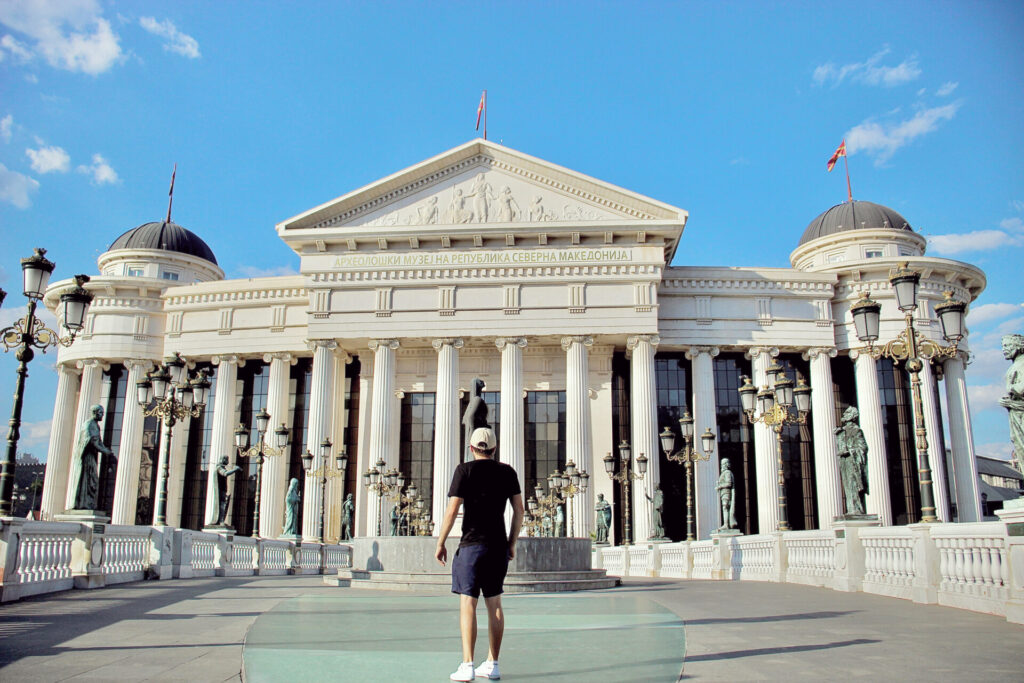Travel has always been something close to my heart. Coming from an international family, there were reasons to travel abroad growing up – which is something I am grateful to have had the privilege of. My first trip was when I was just six weeks old, and there has been a steady continuation of flights since then. It was a privilege to have grown up with regular travel opportunities, as it means I was used to the whole experience from an early age – though I never once factored my autism into the equation back then.
My first solo flight was when I took a one-way ticket to Japan. My dream had always been to move abroad, and I was starting to feel stagnation in my life when I hit 20. Undoubtedly, what I did was a real gamble for anyone, but I’m glad it paid off. It is difficult to know if what I’m doing is because of my autism or not because being autistic is all I know – ask any individual in the community, and I’m sure they will come back with a similar answer.
The benefits of being spontaneous
Since gaining more independence, travelling solo as an autistic adult has forced me to become ingenious in my scheduling and daily practices to ensure success in my adventures. Like most autistic people, my life heavily focuses on routine and structure. However, travelling solo has really shown me the benefits of being more spontaneous. Some of my best travel stories, adventures, and the people I’ve met that have become friends, were made by letting go of my routines and not planning (or at least keeping it to a minimum). In doing so, I have been able to say ‘yes’ a lot more to other people’s offers and suggestions, as well as sometimes putting forward my own proposals for future travel plans as a group.
Making meaningful connections
Neurotypical people often think that autistic people avoid social contact. Being a spectrum, such generalisations are harmful to the whole community. However, I can say that many of us crave social interaction – but do not always necessarily have the means to do so. When I graduated from university and could not get the job I wanted, travel was my means to socialise with others who were also travelling. It is difficult for many of us to make meaningful connections in the modern world. While many now find these connections online, I have always found online conversations to be lacking in essence (this is personal to me, and I take no issue with anyone who feels different). But it was something of a conundrum as to what the best course of action was for me, an autistic graduate just entering the ‘real world’ after university.
Embracing your vulnerabilities
Not long after graduation, I was able to move abroad for a temporary position. Long story short, it ended up being a disaster – but I made plenty of friends for life there who I still travel with, visit, and talk to regularly. Subsequently, this experience reignited my inner travel flame, and I have been on the road ever since (apart from a forcible break due to COVID). The backpacking community is overall open-minded. It takes a certain mentality to engage in this lifestyle – especially in the long term. Being autistic leaves me open to being misunderstood and misinterpreted. However, exploring the world means embracing your vulnerabilities and facing misunderstandings head-on due to cultural differences (even more so if you are in a country with a different language). Naturally, people give more leeway to foreign people, especially in areas that receive a lot of tourists. This has allowed me to be myself without the need to mask so much, as encountering such differences is a regular occurrence for those travelling. As a bonus, I truly believe this has made for friendships strengthened through core beliefs and convictions regardless of our differences – something I will always be appreciative of.

For more from Alex, please visit Autism Adventures Abroad, and keep updated with his travels on Instagram.

























































